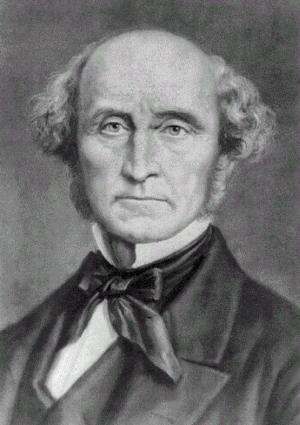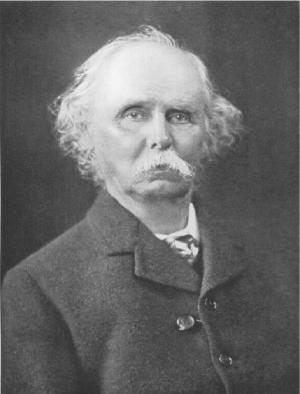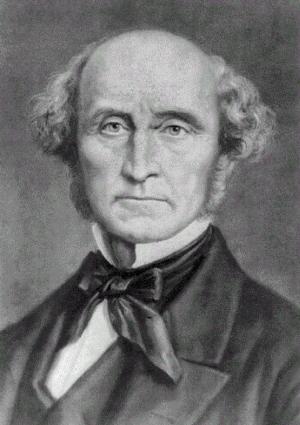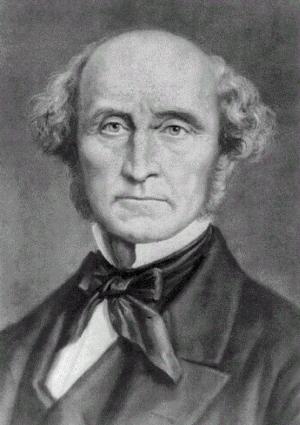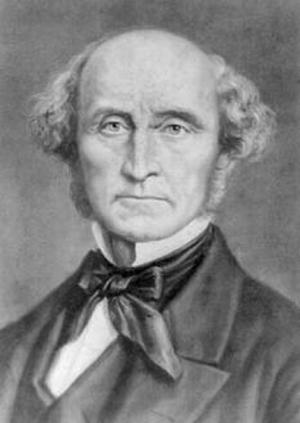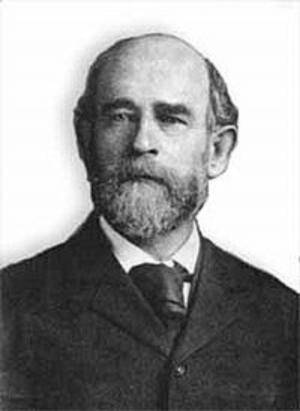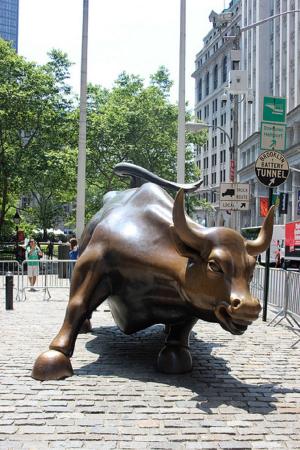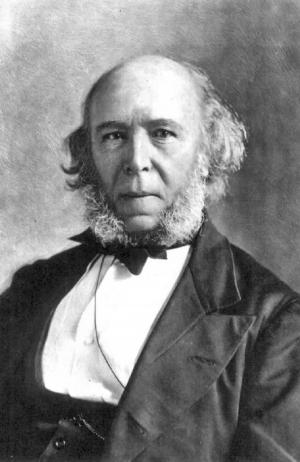The Theory of Moral Sentiments(Illustrated)
Business & Finance, Economics, Macroeconomics, Theory of Economics| Author: | Adam Smith | ISBN: | 1230000266482 |
| Publisher: | AS Team | Publication: | September 7, 2014 |
| Imprint: | Language: | English |
| Author: | Adam Smith |
| ISBN: | 1230000266482 |
| Publisher: | AS Team |
| Publication: | September 7, 2014 |
| Imprint: | |
| Language: | English |
The book has an active table of contents for easy access to each chapter.
The Wealth of Nations was published in 1776 by Adam Smith. What set Adam Smith’s work apart was the follows:
1) He believed that self-interest is God's providence
2) If government is away from interfering with free competition, the invisible hand of capitalism would emerge from the competing claims of individual self-interest
3) Free market problems would be resolved and maximum efficiency reached
The invisible hand of the market in economics is to describe the self-regulating behavior of the marketplace. However, the concept was not phrased in the Wealth of Nations by Adam Smith.
Adam Smith first introduced the concept of invisible hand of the market in The Theory of Moral Sentiments, written in 1759. The idea of markets automatically channeling self-interest toward socially desirable ends becomes the foundation of the theory of small government today in the world.
Smith’s reasoning still remains as relevant today as it was then. This book is one of the most important ones about the deepest thoughts of moral and free market by Adam Smith, one of the greatest thinkers of political economics on the planet.
After more than two centuries, Smith's work still stands as the best statement and defense of the fundamental principles of capitalism. The book is already read more than two hundred years and it will still be read for another century due to its truths.
The book has an active table of contents for easy access to each chapter.
The Wealth of Nations was published in 1776 by Adam Smith. What set Adam Smith’s work apart was the follows:
1) He believed that self-interest is God's providence
2) If government is away from interfering with free competition, the invisible hand of capitalism would emerge from the competing claims of individual self-interest
3) Free market problems would be resolved and maximum efficiency reached
The invisible hand of the market in economics is to describe the self-regulating behavior of the marketplace. However, the concept was not phrased in the Wealth of Nations by Adam Smith.
Adam Smith first introduced the concept of invisible hand of the market in The Theory of Moral Sentiments, written in 1759. The idea of markets automatically channeling self-interest toward socially desirable ends becomes the foundation of the theory of small government today in the world.
Smith’s reasoning still remains as relevant today as it was then. This book is one of the most important ones about the deepest thoughts of moral and free market by Adam Smith, one of the greatest thinkers of political economics on the planet.
After more than two centuries, Smith's work still stands as the best statement and defense of the fundamental principles of capitalism. The book is already read more than two hundred years and it will still be read for another century due to its truths.




